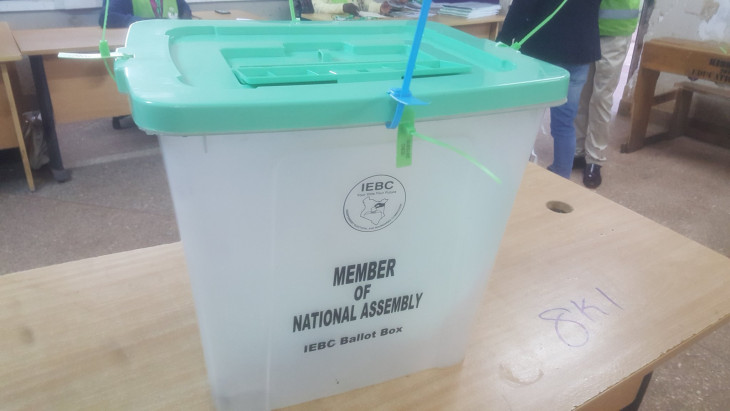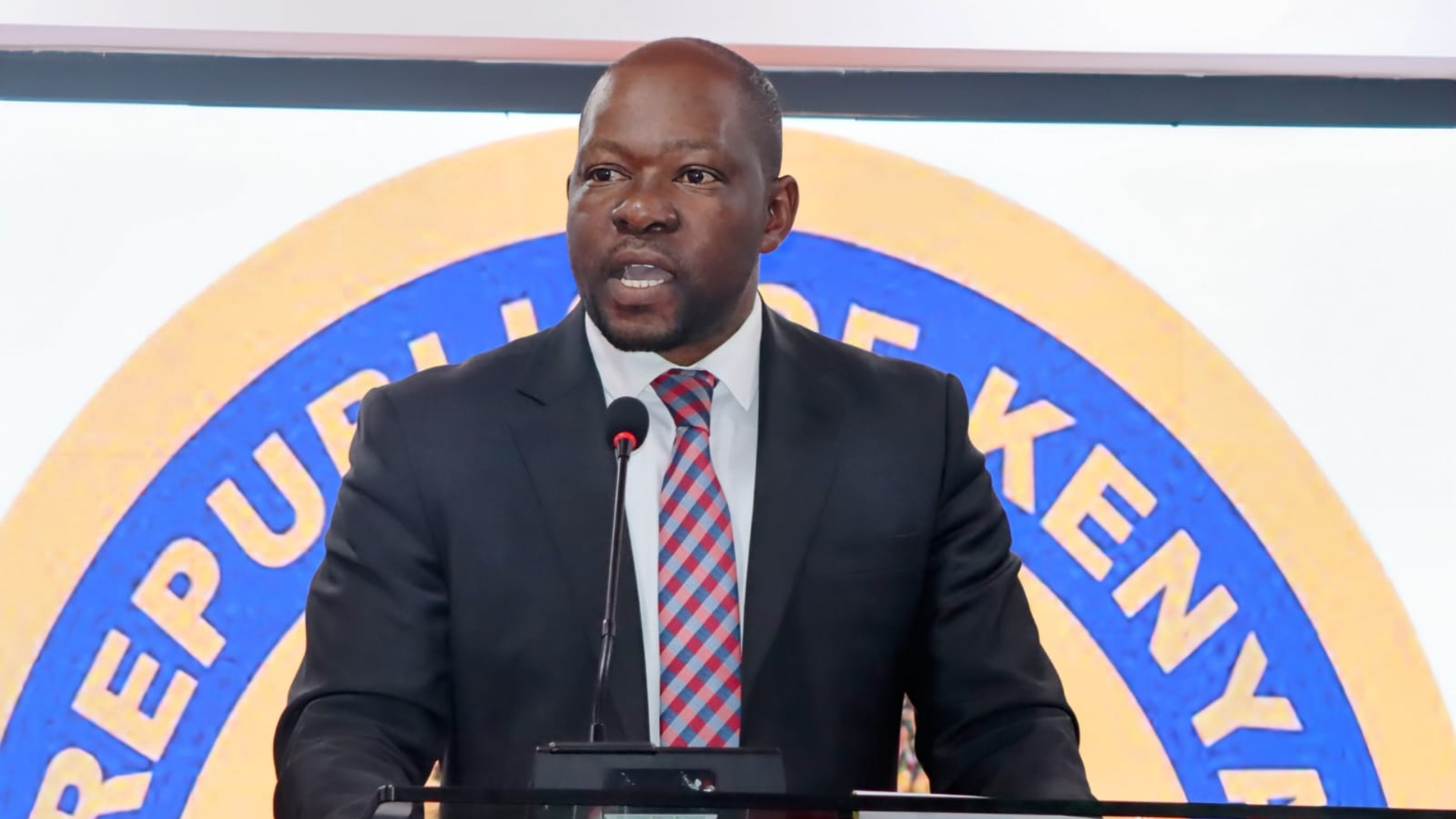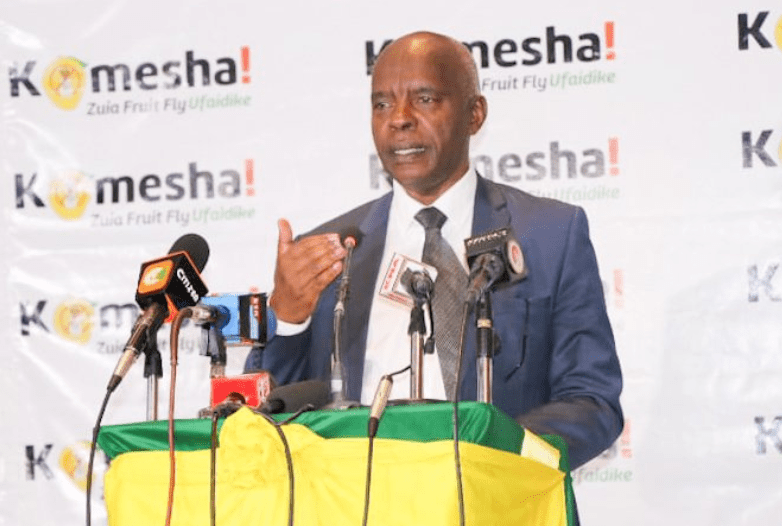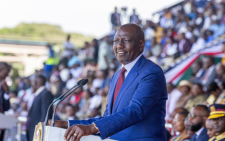We must reflect on our political choices

In Kenya, it has become a ritual after every election to lament the failures of leaders. Outrage over corruption, incompetence, and unfulfilled promises dominates conversations in matatus, markets, and social media platforms. Yet, amid this collective discontent, one glaring truth is conveniently overlooked – our leaders are a direct reflection of our choices at the ballot box.
The blame often falls squarely on those in power, but the electorate itself must take responsibility for perpetuating the cycle of bad governance. Every election season, many Kenyans allow themselves to be compromised. Votes are traded for a few hundred shillings, cheap merchandise, or the intoxicating fervour of tribal loyalty. Rather than seeking leaders with vision and integrity, voters prioritise immediate personal gain over long-term development.
The problem runs even deeper with the pervasive “mtu wetu” (our person) syndrome. This toxic mindset shields corrupt leaders from scrutiny simply because they share the voter’s tribe or political affiliation. The public outrage against graft becomes selective, with condemnation largely directed at “their” people while “our” leaders are excused, defended, or even celebrated. This double standard creates a dangerous environment where impunity thrives, eroding any hope for accountability.
For instance, when leaders from one community are implicated in corruption scandals, their constituents often rally behind them, dismissing criticism as politically motivated attacks. Conversely, they will harshly judge leaders from other communities for similar or lesser offenses. This tribal and political hypocrisy reinforces the status quo, ensuring that corruption remains a bipartisan enterprise.
This phenomenon was evident in the recent Cabinet appointments, where President William Ruto co-opted individuals from Luo and Kikuyu communities into his administration. The move was widely celebrated as a step toward inclusivity and reconciliation. However, it also served as a distraction, momentarily quelling discontent over the government’s massive failure to deliver on key promises. By strategically appeasing influential tribes, the administration not only deflected criticism but also perpetuated the very divisions it claimed to address.
Even more worrying is the lack of vision among the masses. Many Kenyans fail to articulate what kind of life they want for themselves and their country. Elections become transactional, devoid of meaningful discourse on policies or development agendas. Instead, voters back candidates based on who can whip up the loudest crowds, distribute the most freebies, or play the tribal card most effectively.
Consequently, leaders elected through bribes and tribal allegiances rarely feel obligated to deliver. Their focus shifts to enriching themselves and their close allies, knowing they can rely on handouts or the “mtu wetu” shield to secure re-election.
Breaking this cycle requires a collective awakening. Visionary leadership begins with a visionary electorate. Kenyans must rise above tribal loyalties and short-term thinking to prioritise competence, integrity, and accountability in their leaders. Civic education is crucial to empower voters with the knowledge of how their choices impact governance and to inspire a collective demand for better leadership.
Additionally, we must also foster a national identity that transcends tribal lines. Corruption, regardless of who perpetrates it, is a theft of public resources meant for all Kenyans. Holding all leaders accountable, irrespective of tribe or political alignment, is the only way to dismantle the culture of impunity.
The electorate must take an honest look at its actions and ask whether it is perpetuating the very systems it claims to detest? The road to a prosperous Kenya lies in rejecting mediocrity, embracing a national vision, and holding every leader accountable. Until then, the cycle of blame, corruption, and poor governance will continue to plague the nation.
— The writer is a PhD student in International Relations












